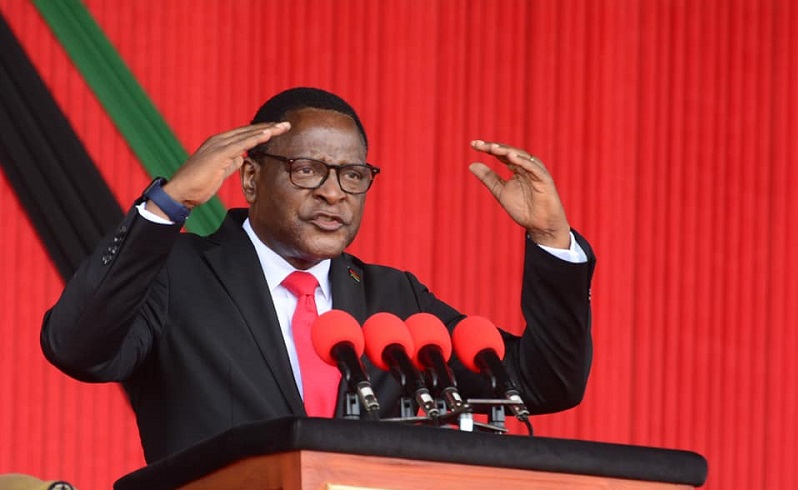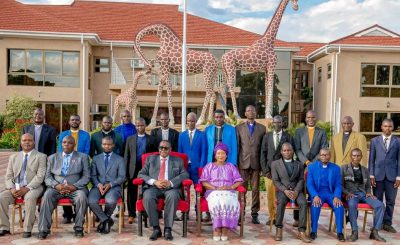Malawi has launched its first ever National Data Centre whose purpose is to influence the functioning of many aspects including data backup and recovery, networking, website hosting, e-mail management and security.
President Lazarus Chakwera inaugurated the Center which has been commissioned by the Chinese ICT provider, Huawei Technologies and the Government of Malawi through the Ministry of Information & Digitalization and the Implementing Agency: Electricity Supply Commission of Malawi (ESCOM).
Speaking during the inauguration ceremony in Blantyre on Thursday, July 21, Chakwera said the coming in of the infrastructure is a critical building block in the digital future which the country is building.
Chakwera said: “Now that this National Data Centre has been completed, we can guarantee information security to those we invited to invest in our manufacturing, financial, retail, and service sectors, thus making Malawi a location of choice for investors.
He further ordered the Ministry of Information to produce a clear plan that ensures the infrastructure’s sustainability and growth.
In his remarks, president of Huawei Technologies in the Southern African Region, Leo Chen, said as Malawi seeks to become an inclusive wealthy and self-reliant industrialized upper middle-income country, the completion of the project contributes and gears up Malawi towards the attainment of its 2063 Vision.
“This first ever National Data Centre in Malawi beckons many great things to come, including a world-class digital economy envisioned in the 2063 Vision which comes with globally competitive ICT infrastructure and sound digital services like E-commerce, E-learning, E-health and E-governance system, that are available, affordable and accessible to every Malawian,” he said.
He has further promised that his film will be training 100 Malawians in ICT every year.
The National Data Centre is an initiative under the Malawi National Fiber Backbone Project whose phase one was initiated in 2017 to Construct 36 sites and 1386 km of ADSS aerial optical cables to cover major cities in the country.
The data center is part of phase two which was initiated in June 2021 and was set to continue on the basis of the first phase, and to provide more extensive coverage with Metro Fiber Rings in 10 cities and Access network in 28 districts, construct an IP transport network, a National Data Centre and video conference systems.




